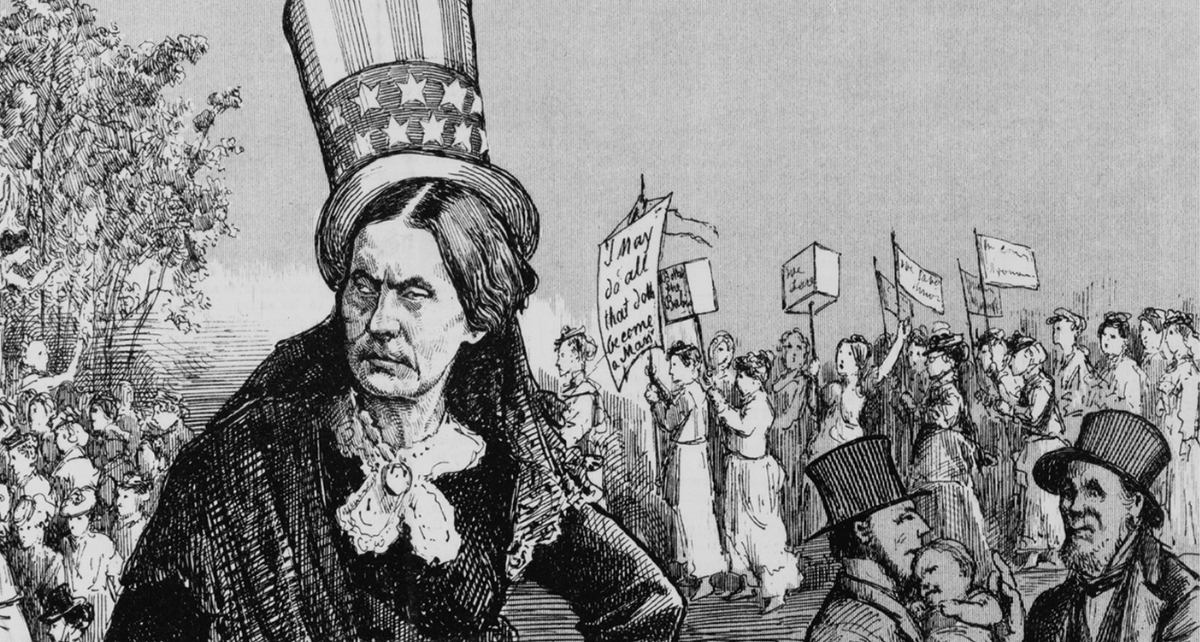As the U.S. political landscape evolves, policy proposals such as Project 2025 are gaining attention. Project 2025 includes suggestions that could affect reproductive rights and access to healthcare not only in the U.S. but also abroad. Here's what you need to know about Project 2025, the Comstock Act, and the potential impacts on women’s health, LGBTQ+ rights, and access to period care.
Understanding Project 2025
What is Project 2025? Project 2025 is an agenda laid out by the Heritage Foundation, a conservative think tank, intended to shape the policy direction of a possible future conservative administration. It covers numerous areas, including economic, healthcare, and education policies. One of its most significant goals is to enforce the 150-year-old Comstock Act, which could directly affect reproductive rights by limiting access to contraception, abortion medications, and educational materials related to reproductive health.
Does Project 2025 Have Broad Support? It’s important to note that Project 2025 represents policy proposals, not necessarily an exact blueprint that would be adopted wholesale by a future administration. Although some policymakers back the agenda, it remains uncertain to what extent these proposals will gain traction. This is a watch-and-see situation, and advocacy will play a critical role in shaping outcomes.
The Comstock Act: A Legacy Law with New Implications
What is the Comstock Act? Passed in 1873, the Comstock Act criminalized mailing “obscene” materials, including anything related to abortion and contraception. Over the decades, its enforcement has faded, and courts have generally interpreted it narrowly. However, with the Dobbs v. Jackson ruling reversing Roe v. Wade, there’s renewed interest in using the Comstock Act to restrict reproductive healthcare access, especially via mail.
Why Does This Matter? Project 2025 suggests enforcing the Comstock Act to ban the mailing of abortion pills and related health materials, which would cut off vital healthcare access to millions, particularly in rural or restricted areas. This affects not only access to reproductive services but also reproductive education and contraceptives, setting a restrictive tone for healthcare across the board.
How Project 2025 Impacts Women, LGBTQ+ Individuals, and Beyond
A Broad Reach Across Communities While women’s health is the focal point of these discussions, enforcing the Comstock Act would impact other groups as well:
-
LGBTQ+ Community: Project 2025 also targets gender-affirming care, with suggestions to restrict transgender healthcare access. These policies could severely limit healthcare choices for LGBTQ+ individuals, infringing on both personal and bodily autonomy.
-
Individuals Assigned Female at Birth (AFAB): Beyond cisgender women, those who are AFAB, including non-binary and transgender individuals, would also face restricted access to reproductive health resources, affecting a broad spectrum of people.
When Access to Healthcare is Limited, Everyone Suffers Laws and policies that restrict healthcare rights have ripple effects on entire societies. When people cannot access safe healthcare, it exacerbates poverty, hinders workforce participation, and strains public health systems. Even those in power who seek these restrictions suffer long-term economic and societal consequences from reduced productivity, heightened social unrest, and increased healthcare costs.
Why This Matters Globally
How Might This Impact Other Countries? Policies in the U.S. often influence neighboring countries, particularly Canada, due to close cultural, economic, and social ties. There are potential repercussions:
-
Cross-Border Healthcare Services: Canadians may experience restricted access to U.S.-sourced medications and healthcare information, particularly for period care and reproductive health.
-
Policy Influence: Conservative policymakers in Canada and elsewhere may feel emboldened to pursue similar restrictions, impacting women and LGBTQ+ communities in other regions.
-
Economic Impacts on Health and Wellness Products: Companies distributing reproductive and period care products may face regulatory and logistical obstacles if restrictive laws limit access to essential health products.
Potential Global Ripple Effects Such limitations could encourage similar moves worldwide, especially in regions where women’s and LGBTQ+ rights are already vulnerable. By normalizing restrictions, Project 2025 could prompt broader cultural shifts toward healthcare censorship and reduced healthcare access in many nations.
Period Care Products and Health Equity
Why Period Care Matters in This Discussion Access to period care is essential for health and dignity, but restrictive policies could set a precedent for controlling information and products linked to reproductive health. Some implications include:
-
Period Product Dispensers and Education: Restrictions on reproductive health materials could impact the availability of educational materials related to menstrual health, even for period care dispensers in schools and public facilities.
-
Censorship of Health Education: Advocates worry that reviving Comstock Act-era standards might limit menstrual health education, reducing awareness and support for essential health needs.
-
Advocacy for Period Equity: As reproductive healthcare faces challenges, it becomes more critical to support initiatives that ensure period care remains accessible and affordable, especially in public and educational spaces.
A Call for Vigilance and Solidarity
What Can Americans and Allies Do?
-
Stay Informed and Vocal: Awareness is the first step toward effective advocacy. Sharing information and rallying support for healthcare rights is essential.
-
Support Advocacy Groups: Organizations fighting for reproductive and LGBTQ+ rights need public backing, funding, and advocacy to sustain their work.
-
Promote Health Equity: Support policies and companies that prioritize health equity, transparency, and inclusive access to care for all.
Everyone’s Health Matters When healthcare access is restricted for women, LGBTQ+ people, or any marginalized group, it diminishes society as a whole. Social, economic, and health-related consequences affect communities, weaken workforce participation, and exacerbate inequality. To protect global health, policies must evolve inclusively, ensuring equitable access to healthcare for all, regardless of gender identity or reproductive status.
Protecting the Future of Health
Project 2025 and the Comstock Act represent more than policy debates; they touch on the fundamental rights to healthcare, dignity, and autonomy. While the future of these proposals remains uncertain, now is the time to advocate for a healthcare system that respects and upholds the rights of all individuals. By standing in solidarity, we can support policies that promote health, equality, and equity for everyone—because true societal health includes everyone’s well-being.
